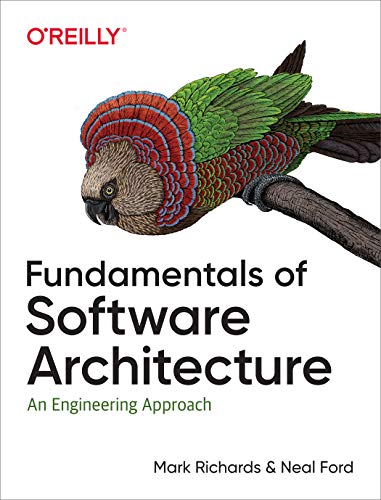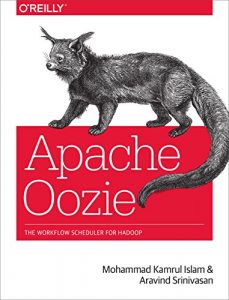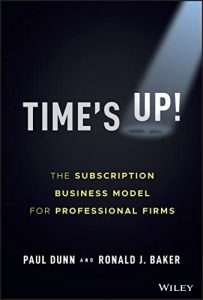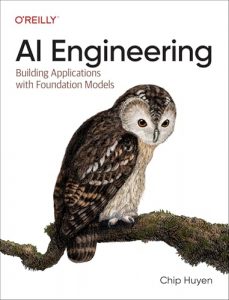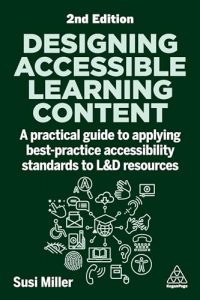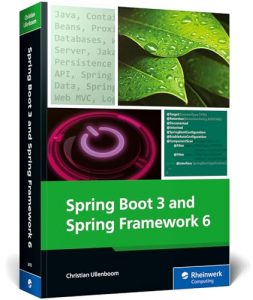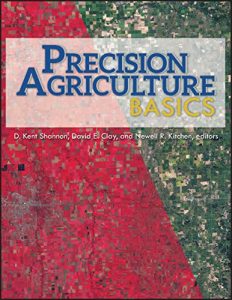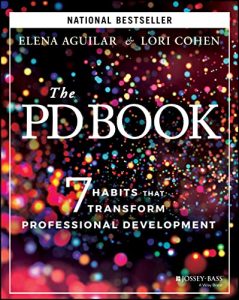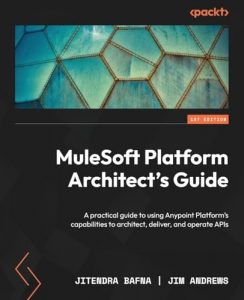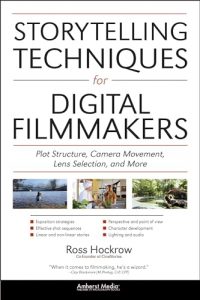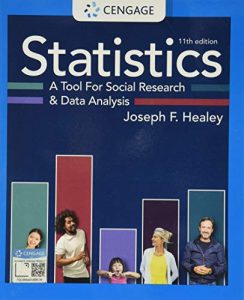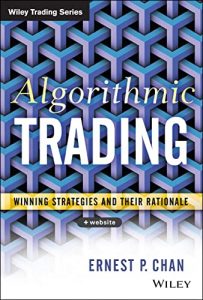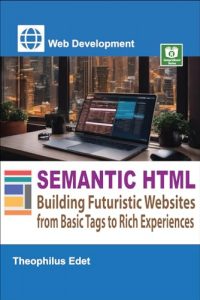1. Fundamentals of Software Architecture: An Engineering Approach
Authors Mark Richards and Neal Ford take readers on a deep dive into the essentials of software architecture with this comprehensive guide. The book presents fundamental concepts and best practices that serve as a crucial foundation for both novice and experienced architects. It discusses critical thinking skills, cloud architecture, and deploying software effectively—skills vital in today’s fast-paced tech environment. This book is not just theoretical; it also emphasizes practical approaches backed by real-world examples, making it a must-read for anyone looking to solidify their grasp of architectural principles.
2. Software Architecture: The Hard Parts
This book, co-authored by Neal Ford, Mark Richards, Pramod Sadalage, and Zhamak Dehghani, delves into the complexities of software architecture through modern trade-off analyses. It tackles the tough decisions that architects face, providing frameworks and strategies to navigate these challenges effectively. The book goes beyond standard practices and encourages a critical view of various architectural styles, making it indispensable for those dealing with distributed systems. The knowledge shared within these pages is invaluable for developers who aspire to achieve high-quality software design.
3. Head First Software Architecture: A Learner’s Guide to Architectural Thinking
In this visually engaging book by Raju Gandhi, Mark Richards, and Neal Ford, readers are encouraged to engage with architectural thinking through a learner-friendly approach. This guide emphasizes a hands-on methodology and interactive learning that make complex ideas much more understandable. The use of humor and practical examples ensures that readers not only grasp theoretical concepts but also learn to apply them creatively in their projects. Perfect for those who thrive on visual learning and seek to enrich their architectural toolkit.
4. Clean Architecture: A Craftsman’s Guide to Software Structure and Design
Renowned author Robert C. Martin delivers a masterclass in software architecture with his classic, “Clean Architecture.” This book is built upon the principles of clean code and agile methodologies. Martin unveils the strategies needed to create systems that can evolve gracefully over time without succumbing to the pitfalls of software rot. This pragmatic approach provides essential guidelines that can help any developer design maintainable and flexible systems. A foundational read for all serious software practitioners looking to enhance their craft.
5. Facilitating Software Architecture: Empowering Teams to Make Architectural Decisions
Andrew Harmel-Law provides a thought-provoking perspective on teamwork and decision-making in architecture. This book seeks to empower teams to take ownership of architectural decisions through facilitation methodologies. It addresses the dynamics of team interactions and explores how diverse perspectives can be harnessed to improve the architectural process. Well-structured and insightful, this book serves as a guide for leaders wanting to create a collaborative environment that fosters innovation and effective decision-making in software architecture.
6. Software Architecture in Practice
With contributions from Len Bass, Paul Clements, and Rick Kazman, this book presents a rigorous examination of how software architecture affects the overall success of software projects. Recognized for its pragmatic approach, the text combines theory with real-world case studies that demonstrate best practices in architecture. It emphasizes the various views of architecture, addressing the importance of stakeholders while maintaining a focus on delivering business value. An essential resource perfect for individuals keen on integrating architecture effectively within software engineering practices.
7. Designing Software Architectures: A Practical Approach
This collaborative work by Humberto Cervantes and Rick Kazman focuses on practical techniques to design effective software architectures. It provides systematic guidance for architects facing design challenges, covering multiple stages from requirements gathering to deployment. The book includes various design heuristics and techniques that are easy to apply, allowing architects to create products that are not only functional but also robust and adaptable. It is tailored for both beginners and experienced professionals seeking hands-on advice for successful software architecture.
8. Software Architecture and Decision-Making
Srinath Perera explores the intersection of architecture, leadership, technology, and product management in this cutting-edge book. It emphasizes that effective software architecture is not just about code—it requires strategic decision-making and thoughtful leadership. This book includes frameworks and case studies that detail how successful products emerge from well-managed architectural decisions. Perfect for professionals wanting to bridge the gap between technical expertise and managerial acumen, making it an indispensable guide for architects looking to lead effectively.
9. Fundamentals of Software Architecture: A Modern Engineering Approach
Another valuable contribution by Mark Richards and Neal Ford, set to be published in 2025, this book builds on existing frameworks while introducing modern methodologies reflecting the current software landscape. It promises to equip software professionals with advanced architectural knowledge and reinforce their decision-making capabilities in today’s rapidly changing environment. While still forthcoming, it’s generating buzz among software architects eager to stay ahead in their field.
10. Software Architecture: Perspectives on an Emerging Discipline
Mary Shaw and David Garlan have penned a seminal work on software architecture as an evolving discipline. Released back in 1996, this book laid the groundwork for many contemporary architectural methods. It provides significant insights into the principles that underpin software architecture, blending theory with practical knowledge. Although it is an older text, the foundational ideas it presents remain relevant and critical for anyone entering the field or looking to deepen their understanding of software architecture’s evolution and ongoing importance.

